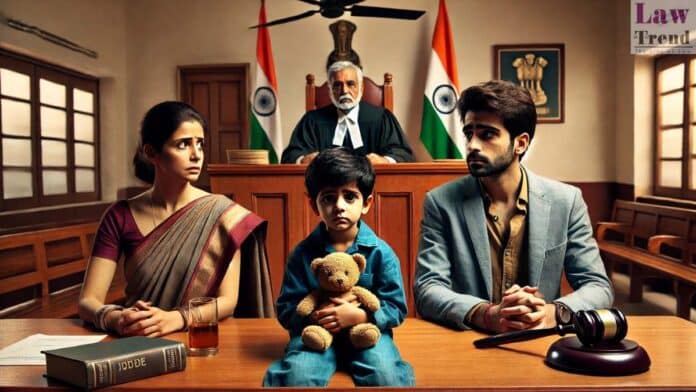The Supreme Court has reaffirmed that in custody disputes, courts exercising parens patriae jurisdiction must prioritize the welfare of the child over the bitterness and acrimony between estranged parents. Dismissing a Special Leave Petition against an order passed by the Karnataka High Court, the Court directed the continuation of a minor child’s psychological evaluation at
To Read More Please Subscribe to VIP Membership for Unlimited Access to All the Articles, Download Available Copies of Judgments/Order, Acess to Central/State Bare Acts, Advertisement Free Content, Access to More than 4000 Legal Drafts( Readymade Editable Formats of Suits, Petitions, Writs, Legal Notices, Divorce Petitions, 138 Notices, Bail Applications etc.) in Hindi and English.




